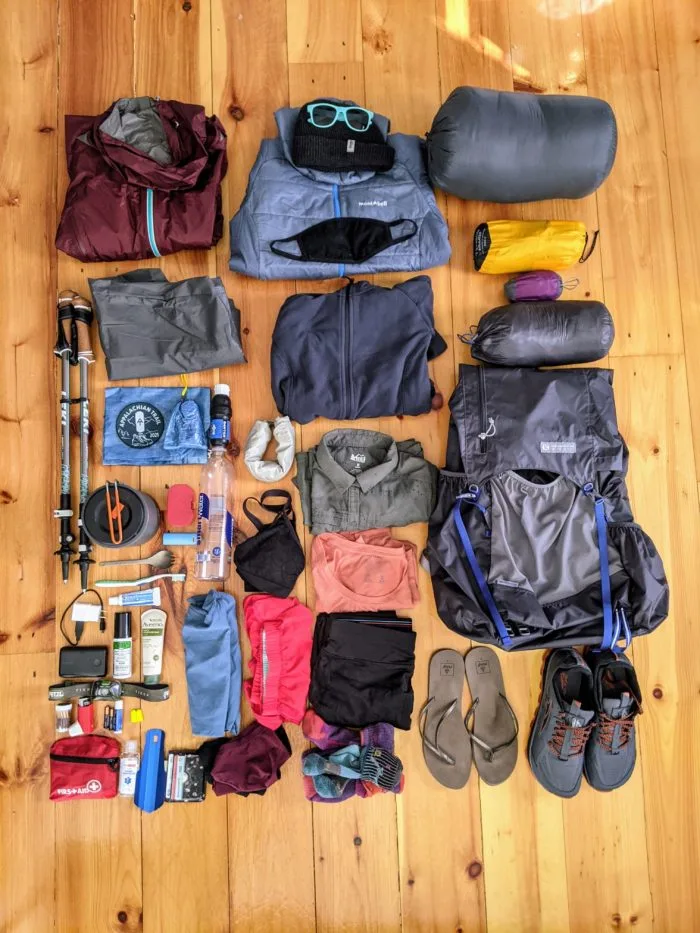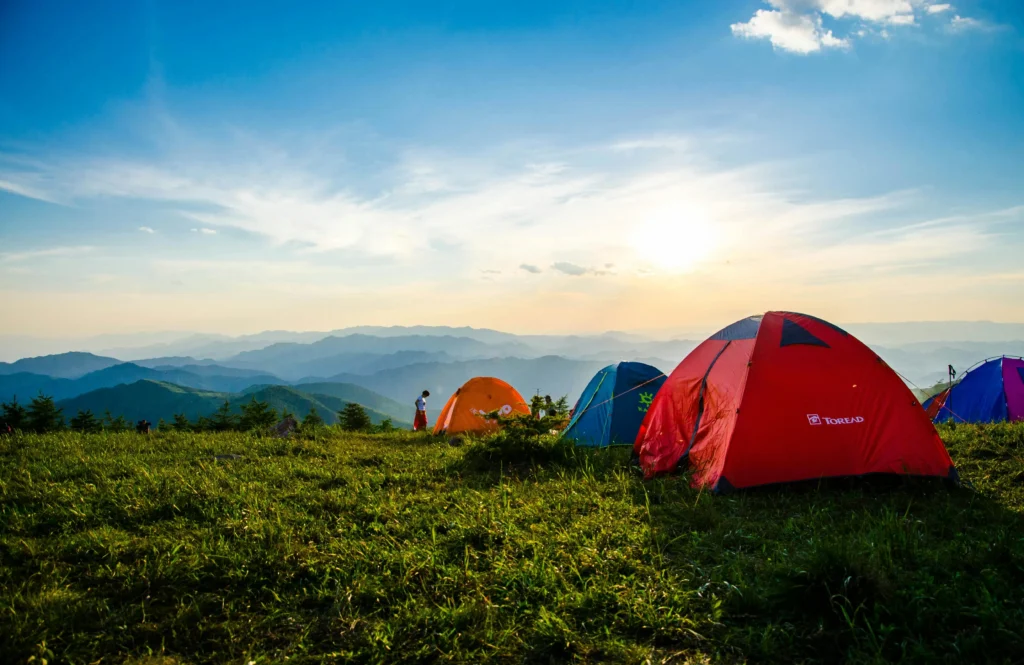Best Mountaineering Gear for Beginners: What to Buy First
Mountaineering is thrilling, but for beginners, the sheer variety of gear can feel overwhelming. Choosing the right mountaineering equipment not only ensures safety but also enhances your performance and confidence on the mountain. This guide simplifies the process, highlighting essential items, practical tips, and creative strategies for smart purchases.

Why Beginner Gear Matters
Every piece of mountaineering gear serves a purpose. Beginners often underestimate the importance of quality boots, proper layering, or a reliable harness. Investing in the right equipment early prevents discomfort, accidents, and frustration on the trail. Think of your gear as your silent partner in every climb- supporting you, protecting you, and letting you focus on the adventure.
The Essential Mountaineering Equipment List
Here’s a mountaineering equipment list designed for beginners who want safety, functionality, and value:
- Climbing Boots – The foundation of any climb. Look for insulated, waterproof boots compatible with crampons. Comfort and fit are crucial; even a small blister can ruin a day on the mountain.
- Harness – A comfortable, adjustable harness keeps you secure during climbs. Beginners should choose simple, user-friendly designs that are easy to put on and adjust.
- Helmet –Protects from falling rocks or ice. A lightweight, well-ventilated helmet ensures safety without adding unnecessary bulk.
- Ice Axe -More than a symbol of mountaineering, it’s vital for self-arrest on icy slopes. Beginners should learn basic techniques before heading onto steep snow.
- Crampons – Essential for traction on snow and ice. Adjustable crampons that fit your boots are beginner-friendly and reliable.
- Layered Clothing – Moisture-wicking base layers, insulating mid-layers, and waterproof outer shells are key to regulating body temperature. Avoid cotton – it traps moisture and can cause hypothermia.
- Layered Clothing -Moisture-wicking base layers, insulating mid-layers, and waterproof outer shells are key to regulating body temperature. Avoid cotton – it traps moisture and can cause hypothermia.
- Accessories – Gloves, gaiters, hats, and sunglasses protect from cold, sun, and snow glare. Don’t overlook small items- they make a big difference in comfort.
How to Prioritize Purchases
Beginners often buy everything at once, which can be expensive and unnecessary. The smart approach is to start with safety-critical items: boots, harness, helmet, and clothing layers. Once comfortable with these basics, you can add crampons, ice axes, and specialized gear. This approach balances cost, safety, and experience, letting you invest in what truly matters first.
Choosing the Best Mountaineering Equipment
Quality matters, especially for safety. Look for gear that is:
- Durable – Built to withstand wear, weather, and repeated use;
- Beginner-friendly – Simple, intuitive features, and easy adjustments;
- Trusted by the community – Check reviews, mountaineering forums, and Reddit discussions for real-world recommendations.
Affordable options exist, but avoid compromising on items that directly impact safety. Experienced climbers often suggest buying boots and helmets from reputable brands even if it means delaying secondary purchases.
Tips for Smart Gear Selection
Test before buying – Fit matters more than looks. Visit local stores or rental centers.
Ask experienced climbers -Mentors or mountaineering clubs provide guidance and practical tips.
Check online communities – Forums and Reddit threads often share gear comparisons and beginner-friendly hacks.
Consider conditions – Gear needs vary by altitude, snow, ice, and terrain. Prioritize versatility for your first seasons.
Preparing Beyond Gear
Gear is only one piece of the puzzle. Understanding basic climbing techniques, navigation, and safety practices is equally important. Beginners should consider workshops, guided climbs, or mentorship programs to complement their mountaineering gear for beginners. Combining practical skills with reliable equipment transforms first-time climbs into safe, memorable experiences.

Step Into the Outdoors
Starting mountaineering can feel overwhelming, but with a clear strategy, beginners can make confident choices. By following a mountaineering equipment list, prioritizing safety-critical purchases, and investing in the best mountaineering equipment, you can focus on the thrill of the climb, not the stress of preparation. Smart decisions today create a foundation for safe, successful, and unforgettable adventures tomorrow.





Comments